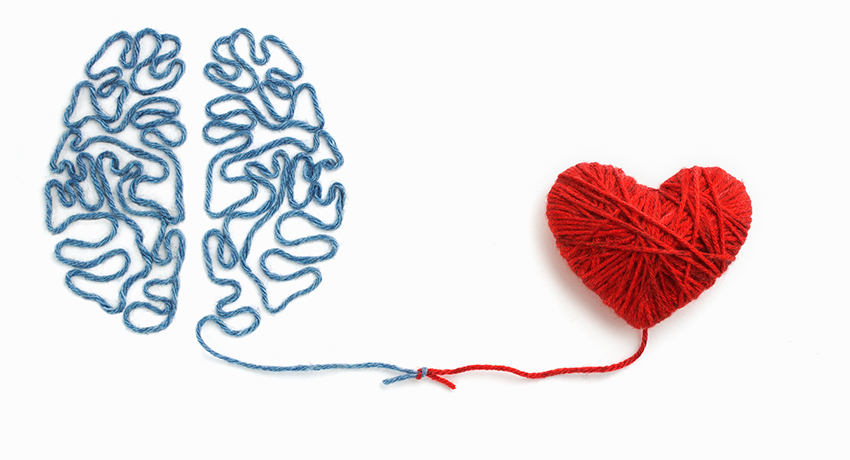The heart is one of the most remarkable organs in our bodies. This fist-sized muscle quietly keeps us alive and its capabilities are nothing short of miraculous. From incredible endurance to perfect precision, the human heart is full of unexpected facts, wonders, and quite a few surprises.
The beat goes on
Your heart will beat around 2.5 billion times in an average lifetime. Each heartbeat is triggered by an electrical signal from within the heart, making it the only muscle that works continuously without rest during your lifetime.
Cold as ice
Heart attacks are more common in winter months. Extreme cold can cause blood vessels to narrow, which makes your heart work harder to pump blood through your body.
A heart’s best friend

Research shows another interesting fact: Our furry companions actively improve our heart health in many ways. Pet owners tend to have lower blood pressure, better cholesterol levels, and reduced stress levels.
“Studies suggest pet owners have lower rates of cardiovascular disease and improved survival after cardiac events,” said Monica Patel, MD, a professor of cardiology at McGovern Medical School at UTHealth Houston. “Petting animals triggers relaxation responses and contributes to reduced hypertension risk.”
The morning heart
Your heart has its own daily pattern, known as a circadian rhythm. From 6 a.m. to noon, your body is most vulnerable as your blood pressure rises, blood becomes stickier and more likely to clot, and stress hormones peak. These factors put extra demands on your heart, which is why heart attacks are more common in the morning.
Pumping power
Your heart pumps about 2,000 gallons of blood daily, enough to fill a small swimming pool. Over a 70-year lifetime, that’s more than 51 million gallons of blood pumped by a single heart.
Heart-brain connection
Your heart beats independently of your brain and has its own electrical system. In fact, it contains about 40,000 neurons similar to those found in your brain. The heart produces and releases hormones, including oxytocin and dopamine, that affect brain function. Oxytocin is sometimes referred to as the “love hormone” and is linked to feelings of trust and bonding.
“People in loving relationships are more likely to engage in heart-healthy behaviors like exercise, healthy eating, and medication adherence,” Patel said. “Love and social support also decrease inflammation, which can cause hardening of the arteries.”
Now that you know the facts, it’s hard not to take our remarkable hearts for granted.


